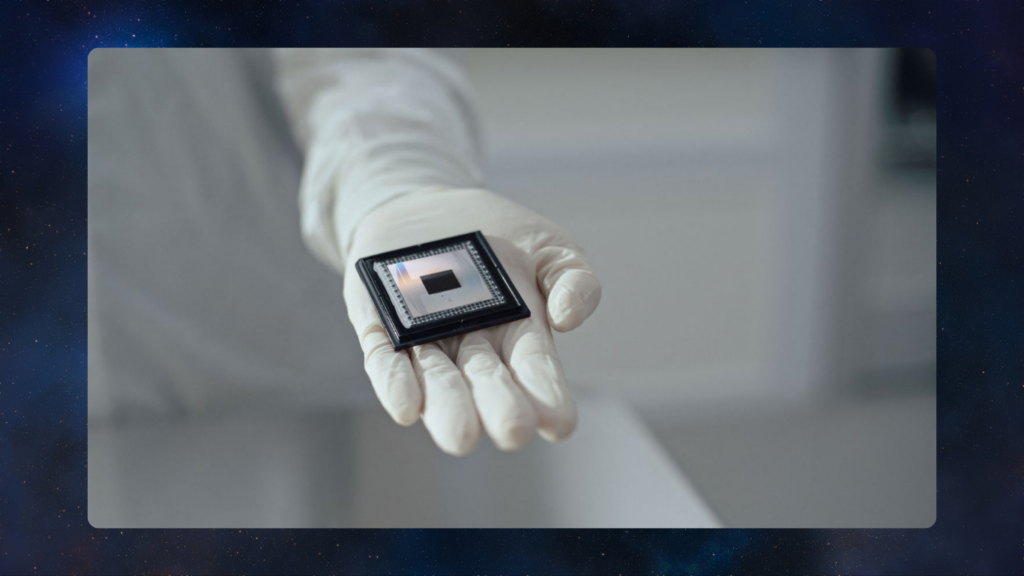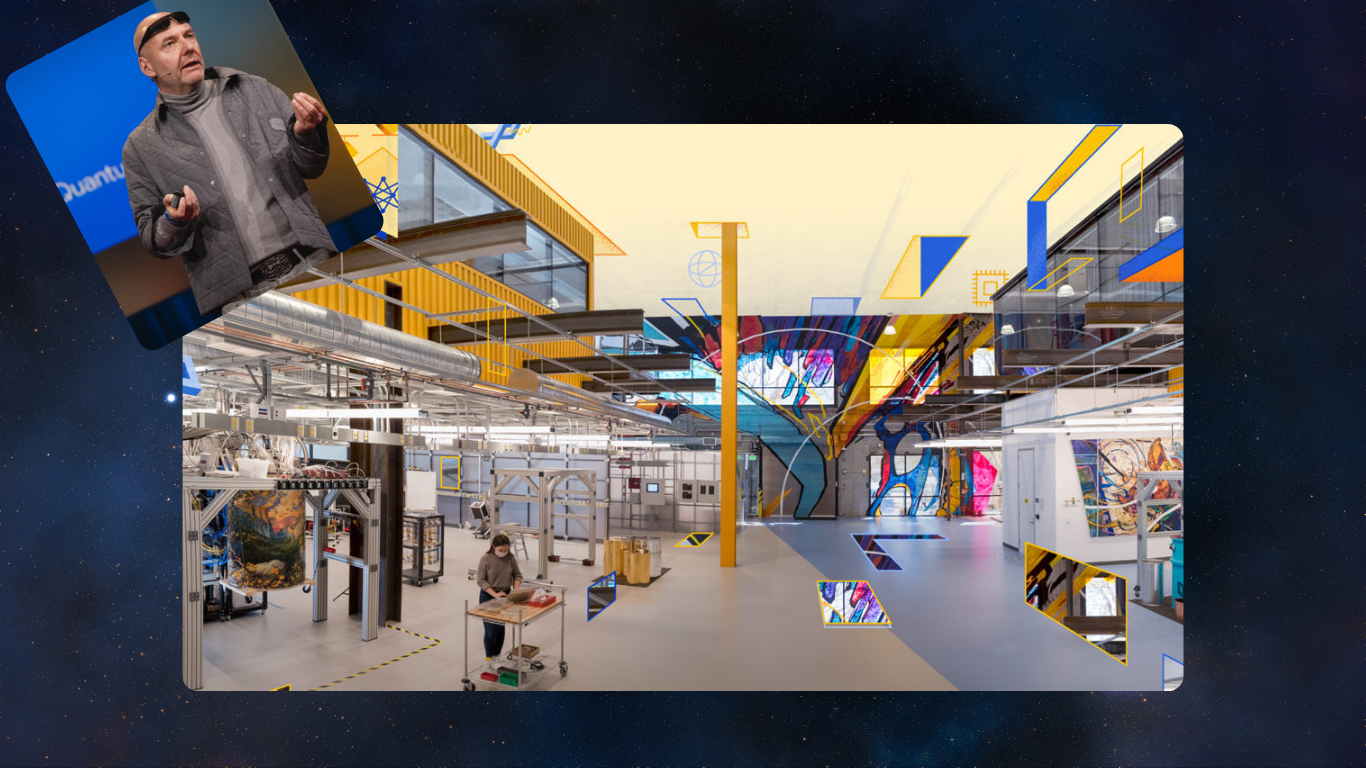So, there’s this super exciting advancement in the tech world with Google’s latest creation, the “Willow” chip. This isn’t just any chip; it’s a quantum computing marvel that can tackle problems in mere minutes that would take the fastest supercomputers about ten septillion years to solve. That’s a 1 with 24 zeros after it, just to give you an idea of the scale we’re talking about!
Quantum computing is basically the frontier of technology, utilizing the weird and wonderful rules of particle physics to perform computations at speeds that blow traditional computers out of the water. This could revolutionize how we do everything from drug development to logistics planning.

However, Willow is still very much in the experimental stage. While it shows a ton of promise, Google’s Quantum AI lab head, Hartmut Neven (who’s quite the optimist about this project), suggests that a chip ready for widespread commercial use won’t be a reality until the end of the decade. Initially, Willow could be used in simulations important in areas like nuclear fusion or pharmaceuticals.
Now, it’s important to note that quantum computers won’t just replace the laptops and desktops we use today. They’re designed for entirely different kinds of problems. Google has been clever in choosing problems for Willow that are right up quantum computing’s alley, which doesn’t necessarily prove it’s faster for all computing tasks.
The tech has also made significant strides in error correction—a major hurdle since more qubits (quantum bits) usually mean more errors. Google’s breakthrough with Willow seems to reverse this trend, marking a significant milestone after nearly three decades of challenges in the field.
Around the globe, interest and investment in quantum computing are skyrocketing. The UK is getting in on the action too, launching the National Quantum Computing Centre (NQCC) to spearhead research and temper expectations amidst the growing hype.
In parallel, there’s intriguing work being done at Oxford and Osaka universities, where researchers are exploring quantum computing that operates at room temperature, a stark contrast to Google’s chip that needs ultra-cold conditions to function.
All in all, we’re witnessing what might just be the dawn of a technological revolution, with quantum computing at its heart!

Subtly charming pop culture geek. Amateur analyst. Freelance tv buff. Coffee lover
